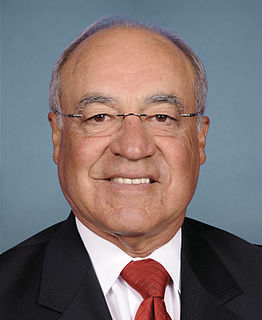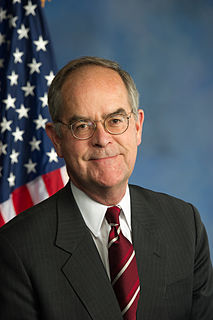A Quote by Lucy McBath
The repeal of the medical device tax will lower the costs of care, improve access to these medical devices, and protect medtech manufacturing jobs throughout Georgia and our country.
Related Quotes
One of the biggest reasons for higher medical costs is that somebody else is paying those costs, whether an insurance company or the government. What is the politicians' answer? To have more costs paid by insurance companies and the government. ... [H]aving someone else pay for medical care virtually guarantees that a lot more of it will be used. Nothing would lower costs more than having each patient pay those costs. And nothing is less likely to happen.
It is taken for granted that workers should receive their pay partly in kind, in the form of medical care provided by the employer. How come? Why single out medical care? Surely food is no less essential to life than medical care. Why is it not at least as logical for workers to be required to buy their food at the company store as to be required to buy their medical care at the company store?
The Republicans want to repeal the Affordable Care Act, I want to improve it. I want to build on it, get the costs down, get prescription drug costs down. Senator Sanders wants us to start all over again. This was a major achievement of President [Barack] Obama, of our country. It is helping people right now.
































